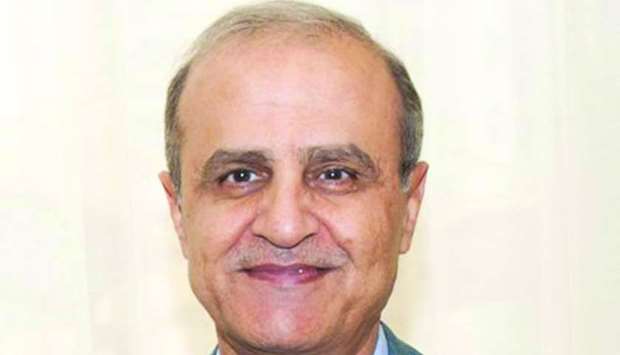To highlight World Malaria Day and ahead of the summer vacation season, Hamad Medical Corporation (HMC) is advising residents who are planning travel to known malaria-endemic regions of the world to take necessary precautions.
Last year, 128 patients infected with malaria were admitted to HMC for treatment. According to Dr Hussam al- Soub, senior consultant at HMC’s Infectious Diseases Unit, those most at risk of serious illness associated with contracting the disease are individuals who have little or no immunity to malaria, such as young children and pregnant women or travellers coming from areas with no malaria.
Malaria is a serious tropical disease spread by mosquitoes; if left undiagnosed and untreated, it can be fatal. Dr al- Soub, said while several malaria vaccines are under development, none are currently available. Prevention is, therefore, the best protection against malaria and is based on two complementary methods: chemoprophylaxis, or the use of medication to prevent disease, and protection against mosquito bites. He recommends the use of mosquito-repellent creams and mosquito nets and advises travellers to wear long sleeves and long pants to cover their skin. He also recommends avoiding going outside at night when mosquitos usually bite.
“Qatar is free from locally acquired malaria. All cases we have in the country are imported, meaning they have been acquired abroad. For those planning to travel to countries that have known malaria cases, it is very important to take preventive measures, including avoiding mosquito bites by using insect repellent, covering the arms and legs, and using a mosquito net. It is also important to consult with an experienced healthcare professional who can advise if malaria prevention tablets are needed,” cautioned Dr. al-Soub.
International travellers could be at risk of malaria infection in 91 countries around the world, mainly in Africa, Asia, and the Americas. The World Health Organisation (WHO) estimates that 216mn cases of malaria occurred worldwide in 2016, with around 445,000 deaths attributed to the disease, mainly in children under five years of age in sub-Saharan Africa.
“People who have resided in Qatar and other malaria-free countries for a long time may have lowered immunity to malaria and are thus vulnerable to serious illness. People planning to travel to endemic areas should consult their doctor or visit a clinic that offers anti-malarial medication, such as the Travel Clinic at HMC’s Communicable Disease Center. It is important to speak with a travel specialist to ensure you take the right anti-malarial tablets and the right dose. It is also essential to finish the full course of medication,” said Dr. al-Soub.
People infected with malaria often experience fever, chills, and flu-like illness at first. Left untreated, the disease can lead to severe complications and, in some cases, death. Malaria symptoms appear after a period of seven days or longer after being bitten by an infected mosquito. Fever occurring in a traveler within three months of possible exposure to malaria is a medical emergency that should be investigated immediately.

